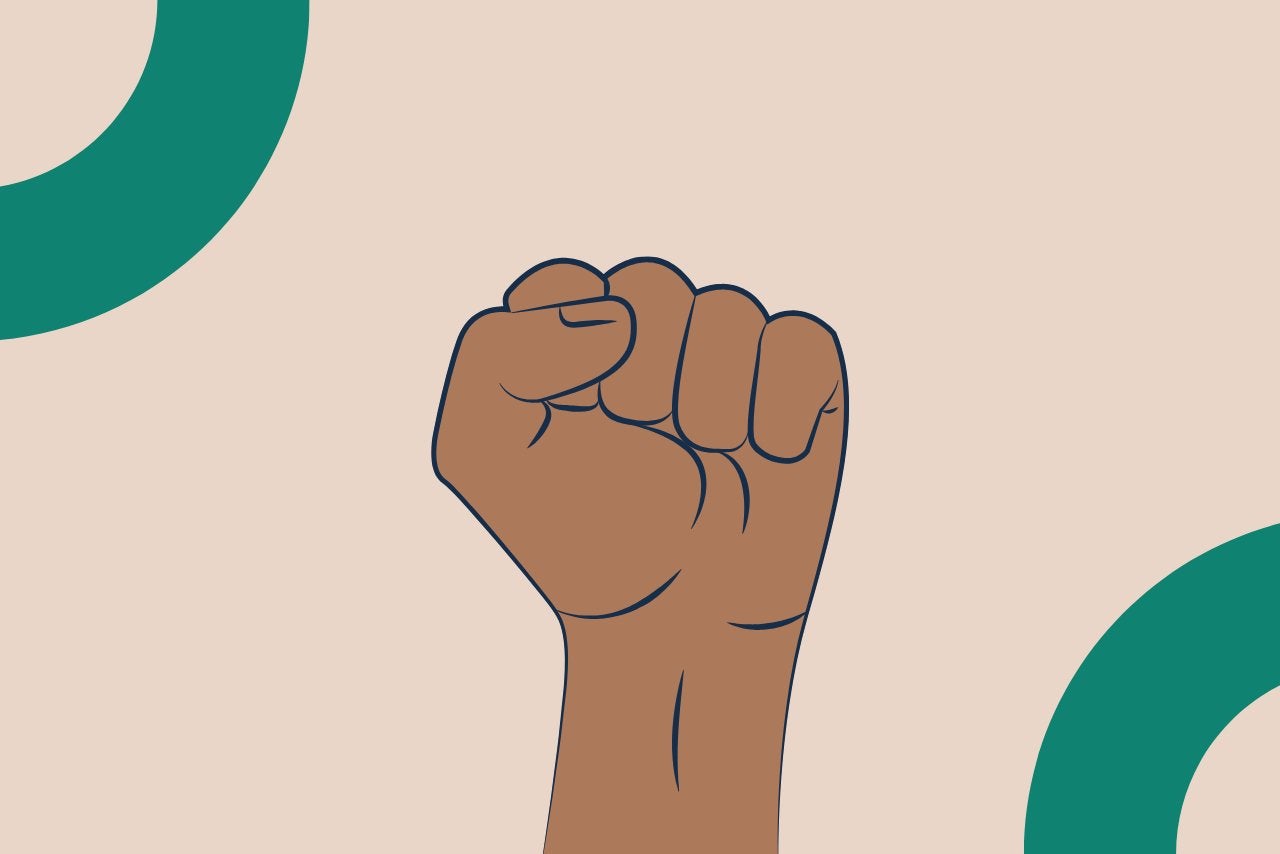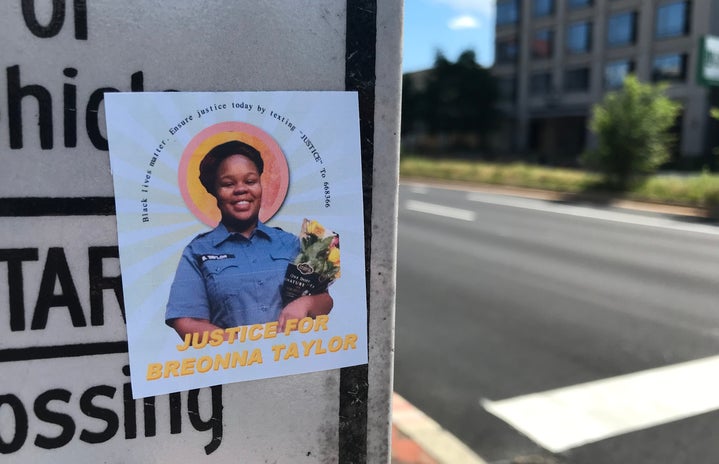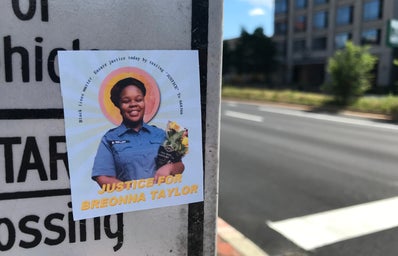When discussing the issue of police brutality and the Black community, there is a recurring pattern of Black women being left out of the narrative. It was not until the death of Breonna Taylor that the media and public gave more attention to Black women and their hidden voices.
#SayHerName was created in December 2014 by the African American Policy Forum (AAPF) and Center for Intersectionality and Social Policy Studies (CISPS) to bring attention to Black women who are killed by the police but absent from the same media that gives attention to Black men. This movement argues that if Black women’s deaths are not recognized as a problem, their needs will never be met. As Kimberlé Crenshaw, a lead scholar on critical race theory and the first to coin intersectionality says, “When there’s no name for a problem, you can’t see a problem. When you can’t see a problem, you can’t solve it.”
We need to include the stories and voices of women that died at the hands of police due to their race, gender, and sexuality in order to send the message that all Black lives matter. If the silence around the deaths of Black women is still prominent, we send a misleading message that certain deaths do not merit repercussions.
The history of Black women’s racialization began with slavery, when the vast majority of African American women were brought to the United States. These women were denied access to their own identities in economic, political, and other dimensions. Additionally, with the creation of White feminism, Black women’s struggles were not represented.

What sparked an opportunity for Black women to be heard was racial segregation in urban housing before World War I. This created Black neighborhoods which provided an environment for African American women to craft and solidify a distinctive oppositional knowledge that resisted racial oppression imposed by whites. The second factor of Black women’s critical social theory was the common experience they gained from working for white employers. While doing domestic work, Black women formed a contradiction of establishing close bonds with the children they cared for, but knowing they could never truly belong to these white families. Always being deemed outsiders within spheres they belonged to, Black women were silenced and white supremacy continued to flourish at their expense.
Despite being created by Black women, the #BlackLivesMatter hashtag primarily prioritizes the deaths of Black men. #SayHerName was created to tackle this problem. This hashtag aims to highlight intersectionality as part of its agenda with affirmations of commitment to issues of many subgroups within Black identity including women, LGTBQ+, disabled, and trans groups.
It is vital to educate ourselves on the history of racism and support those who are trying to combat it. The #SayHerName campaign is one of the many ways Black women are working to bring attention to their fight. Engaging with these stories on social media is a great way to uplift Black women. We must listen and take responsibility not just during Black History Month, but every single day.
Sources in this article (and to educate yourself!):
Say Her Name: Resisting Police Brutality Against Black Women
#SayHerName: A Case Study of Intersectional Social Media Activism
Black Feminist Thought: Knowledge, Consciousness and the Politics of Empowerment


